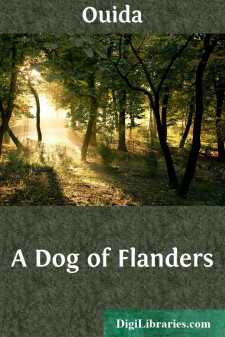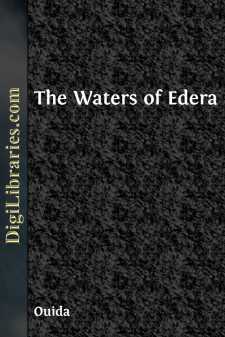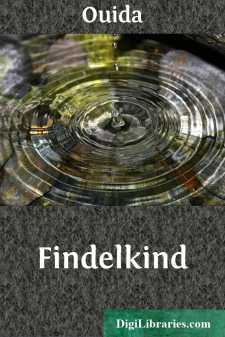Categories
- Antiques & Collectibles 13
- Architecture 36
- Art 48
- Bibles 22
- Biography & Autobiography 813
- Body, Mind & Spirit 141
- Business & Economics 28
- Children's Books 12
- Children's Fiction 9
- Computers 4
- Cooking 94
- Crafts & Hobbies 4
- Drama 346
- Education 46
- Family & Relationships 57
- Fiction 11826
- Games 19
- Gardening 17
- Health & Fitness 34
- History 1377
- House & Home 1
- Humor 147
- Juvenile Fiction 1873
- Juvenile Nonfiction 202
- Language Arts & Disciplines 88
- Law 16
- Literary Collections 686
- Literary Criticism 179
- Mathematics 13
- Medical 41
- Music 40
- Nature 179
- Non-Classifiable 1768
- Performing Arts 7
- Periodicals 1453
- Philosophy 64
- Photography 2
- Poetry 896
- Political Science 203
- Psychology 42
- Reference 154
- Religion 513
- Science 126
- Self-Help 83
- Social Science 81
- Sports & Recreation 34
- Study Aids 3
- Technology & Engineering 59
- Transportation 23
- Travel 463
- True Crime 29
A Dog of Flanders
by: Ouida
Description:
Excerpt
Nello and Patrasche were left all alone in the world.
They were friends in a friendship closer than brotherhood. Nello was a little Ardennois—Patrasche was a big Fleming. They were both of the same age by length of years, yet one was still young, and the other was already old. They had dwelt together almost all their days: both were orphaned and destitute, and owed their lives to the same hand. It had been the beginning of the tie between them, their first bond of sympathy; and it had strengthened day by day, and had grown with their growth, firm and indissoluble, until they loved one another very greatly. Their home was a little hut on the edge of a little village—a Flemish village a league from Antwerp, set amidst flat breadths of pasture and corn-lands, with long lines of poplars and of alders bending in the breeze on the edge of the great canal which ran through it. It had about a score of houses and homesteads, with shutters of bright green or sky-blue, and roofs rose-red or black and white, and walls white-washed until they shone in the sun like snow. In the centre of the village stood a windmill, placed on a little moss-grown slope: it was a landmark to all the level country round. It had once been painted scarlet, sails and all, but that had been in its infancy, half a century or more earlier, when it had ground wheat for the soldiers of Napoleon; and it was now a ruddy brown, tanned by wind and weather. It went queerly by fits and starts, as though rheumatic and stiff in the joints from age, but it served the whole neighborhood, which would have thought it almost as impious to carry grain elsewhere as to attend any other religious service than the mass that was performed at the altar of the little old gray church, with its conical steeple, which stood opposite to it, and whose single bell rang morning, noon, and night with that strange, subdued, hollow sadness which every bell that hangs in the Low Countries seems to gain as an integral part of its melody.
Within sound of the little melancholy clock almost from their birth upward, they had dwelt together, Nello and Patrasche, in the little hut on the edge of the village, with the cathedral spire of Antwerp rising in the north-east, beyond the great green plain of seeding grass and spreading corn that stretched away from them like a tideless, changeless sea. It was the hut of a very old man, of a very poor man—of old Jehan Daas, who in his time had been a soldier, and who remembered the wars that had trampled the country as oxen tread down the furrows, and who had brought from his service nothing except a wound, which had made him a cripple.
When old Jehan Daas had reached his full eighty, his daughter had died in the Ardennes, hard by Stavelot, and had left him in legacy her two-year-old son. The old man could ill contrive to support himself, but he took up the additional burden uncomplainingly, and it soon became welcome and precious to him. Little Nello—-which was but a pet diminutive for Nicolas—throve with him, and the old man and the little child lived in the poor little hut contentedly....









